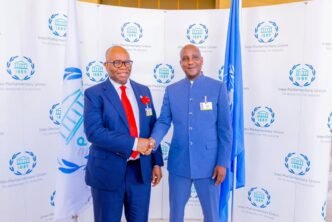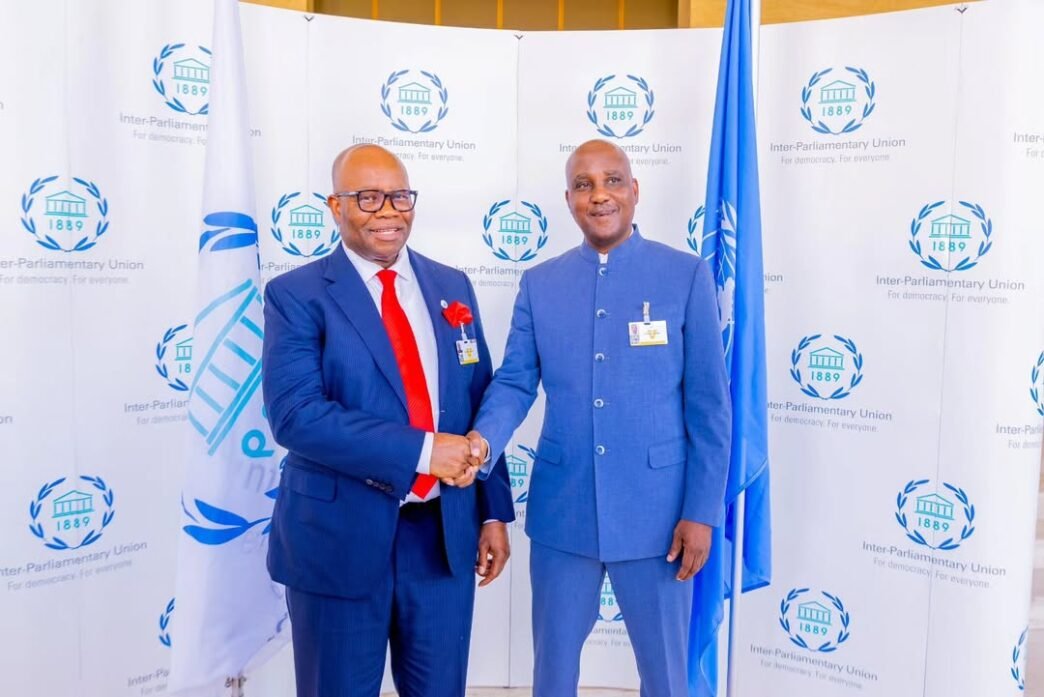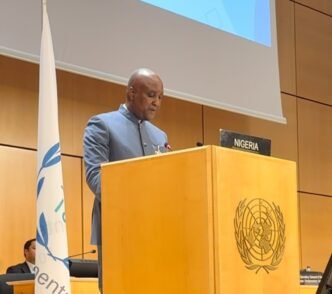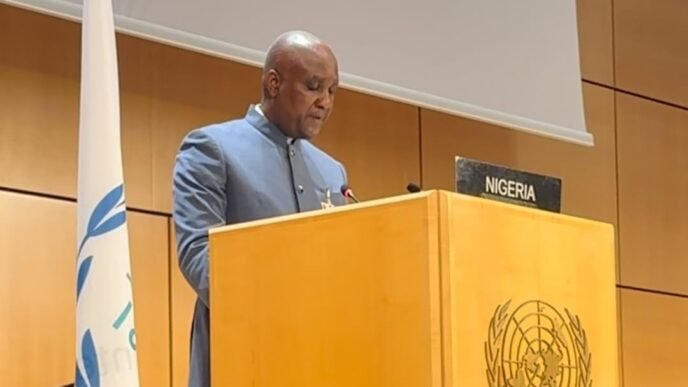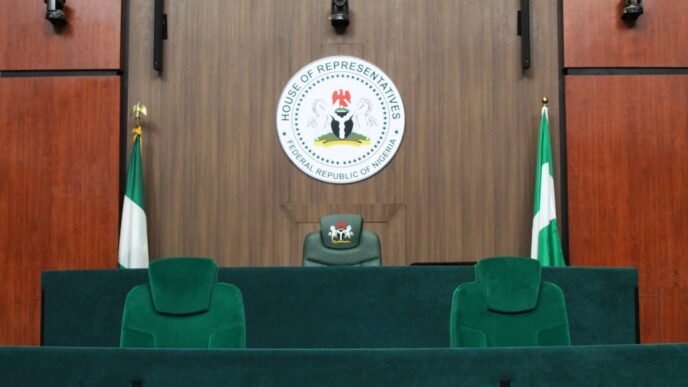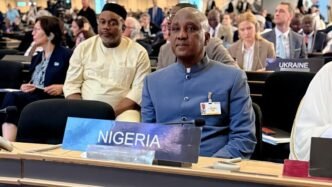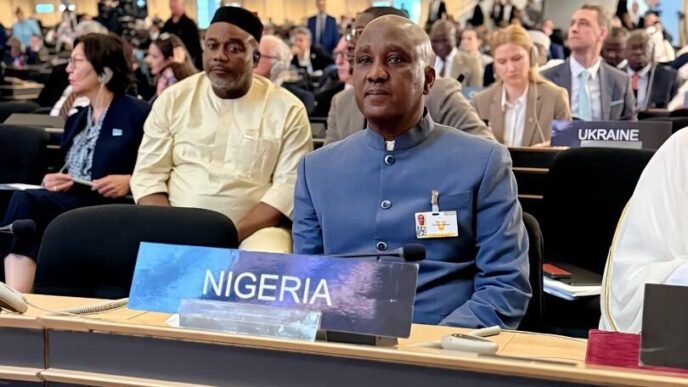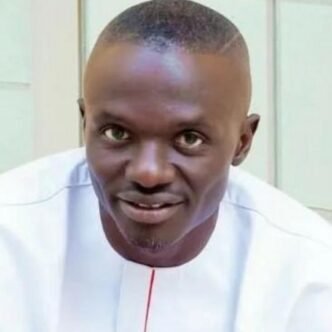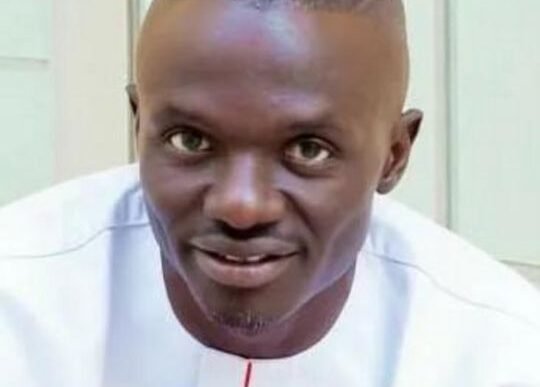H.E. Senator Godswill Akpabio, GCON, President of the Senate, and Rt. Hon. Abbas Tajudeen, GCON, Speaker of the House of Representatives, participated in the 6th World Conference of Speakers of Parliaments held in Geneva, Switzerland from 29 – 31 July, 2025. Hosted by the Inter-Parliamentary Union in collaboration with the United Nations, the conference brings together parliamentary leaders from around the world under the theme “A World in Turmoil: Multilateralism for Peace, Justice, and Prosperity for All.” Nigeria’s delegation contributed to global dialogue on peace, gender equality, climate action, and youth inclusion, emphasizing the necessity for partnership among parliamentarians worldwide.
President of the Senate, Godswill Akpabio, addressed the gathering, urging parliamentarians globally to forge partnerships that are critical for achieving peace, justice, and a shared destiny among nations. His remarks resonate in an era where the world is increasingly viewed as a global village, highlighting the urgent need for legislative action in the face of contemporary challenges. Akpabio articulated that various nations are grappling with armed conflicts, climate disruptions, and widespread youth disillusionment, underscoring that parliaments have a pivotal role to play in safeguarding future generations.
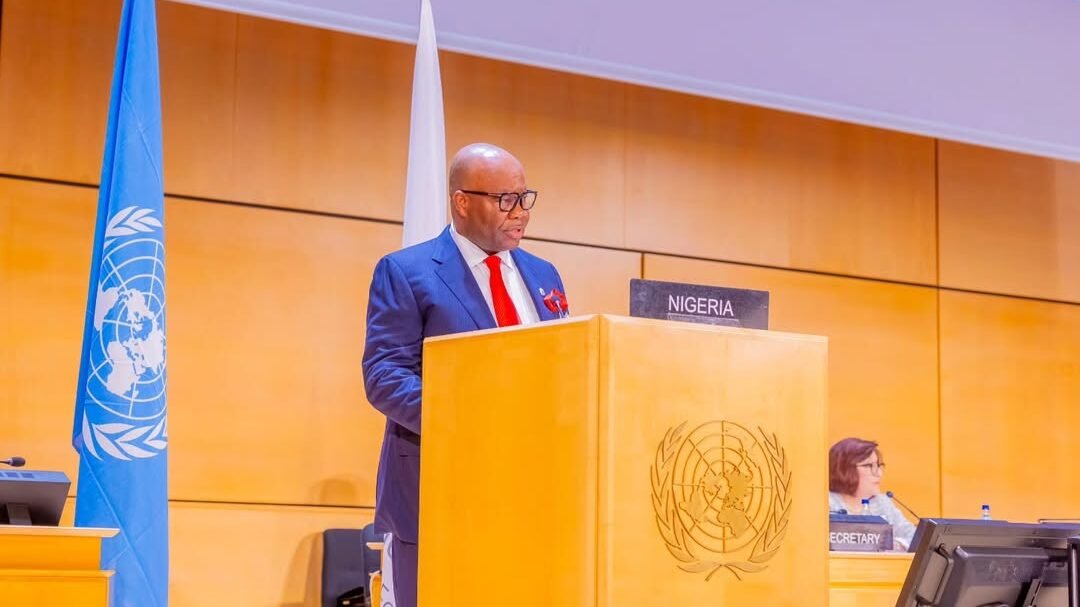
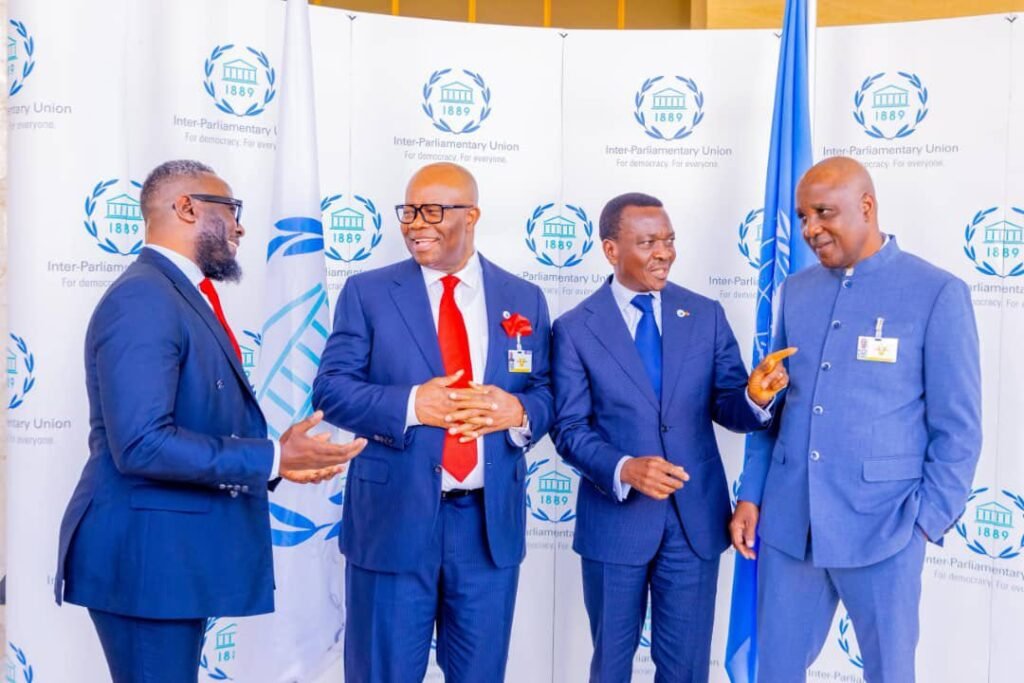
Drawing attention to the collaborative spirit between Nigeria’s Executive and Legislature, Akpabio referenced successful legislative actions such as the Control of Small Arms and Light Weapons Act, the Terrorism Prevention and Prohibition Act, and the Out-of-School Children Education Act. These legislative measures represent vital steps taken to confront insecurity and rebuild trust within the society. However, the Senate President made it clear that this commitment to legislative action is not unique to Nigeria; it should be a global endeavor, transcending borders and partisan politics.
In his speech, Akpabio made a poignant call for a renewed commitment to multilateralism, cautioning that it must evolve beyond mere rhetoric. He reiterated the importance of international solidarity and shared responsibility, encouraging his fellow parliamentarians to pursue collaboration courageously. This collaborative approach, according to Akpabio, is essential for developing effective solutions to the myriad challenges that nations face collectively.
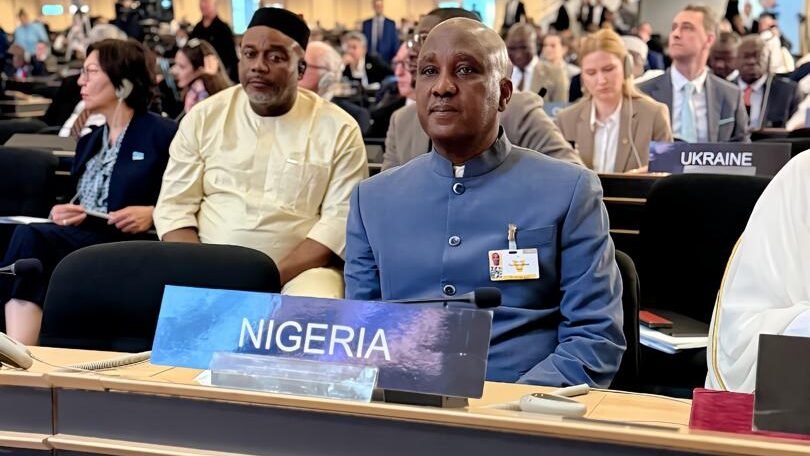
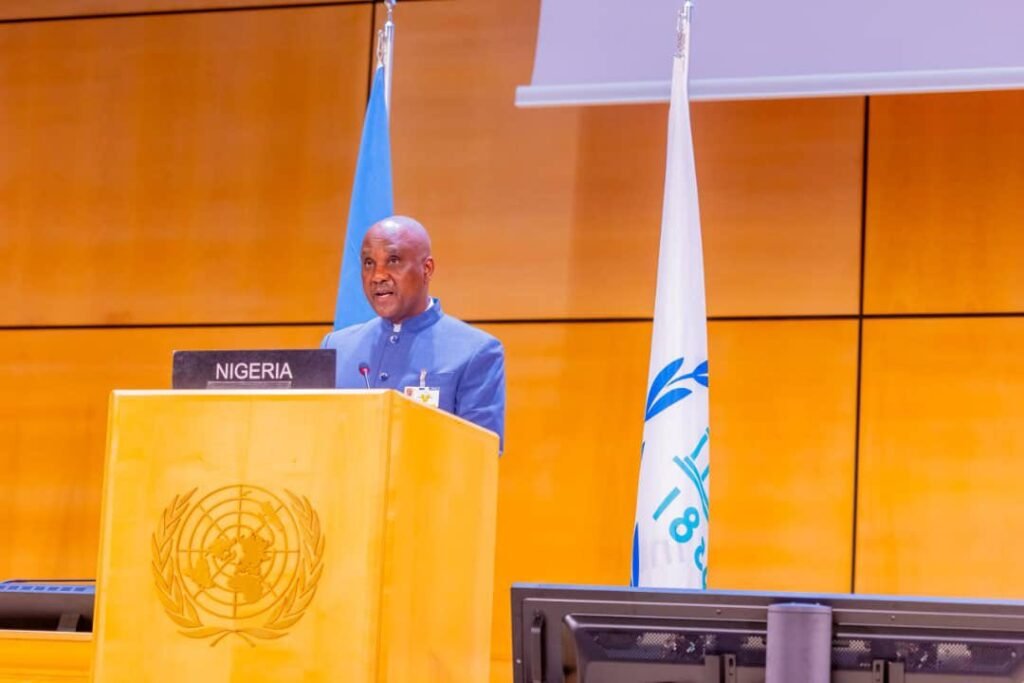
The Speaker of the House of Representatives, Rt. Hon. Abbas Tajudeen, Ph.D., GCON, also presented a compelling narrative advocating for Africa’s rightful positioning within the United Nations’ decision-making structures. He highlighted that with a population exceeding 1.4 billion, the African continent should not be sidelined in global discussions that affect its citizens. Tajudeen’s remarks occurred within the broader context of the conference, aiming to amplify Africa’s voice amid escalating geopolitical tensions, climate crises, and increasing inequalities.
Tajudeen articulated the efforts made by Nigeria’s House of Representatives under his leadership to foster gender balance in political and governmental spheres. Highlighting the importance of representation, he expressed a vision for a political landscape that reflects the demographic diversity of Nigeria and, by extension, Africa. His advocacy for gender equity in governance aligns with the conference’s broader themes of justice and inclusivity.
The Speaker pointed out that Africa continues to bear a disproportionate burden from global challenges, urging fellow parliamentarians to recognize the continent’s struggles. His remarks resonate within a collective consciousness that acknowledges the transformative potential of parliamentary cooperation and legislative diplomacy.
The Nigerian parliament has demonstrated its commitment to parliamentary cooperation, as emphasized by Tajudeen. The House of Representatives aims to engage in constructive dialogues with other countries, sharing best practices and insights that could catalyze positive change both regionally and globally. This cooperative spirit is pivotal for addressing the interconnected crises of our time.
Moreover, Tajudeen’s call for urgent reforms in the UN Security Council and the Bretton Woods institutions reflects a growing consensus regarding the need for a more equitable global governance structure. He emphasized that Africa’s substantial demographic presence must be acknowledged and represented in international decision-making, moving the continent from the margins to the epicenter of global affairs.
In conclusion, the 6th World Conference of Speakers of Parliaments offers an invaluable opportunity for the Nigerian National Assembly to engage with leaders from around the world. The calls for inclusion, partnership, and decisive action resonate as clarion calls for urgent collaboration in confronting the global challenges of our time. As leaders deliberate on multilateral strategies for peace, justice, and prosperity, the Nigerian representatives stand at the forefront, championing a vision where collaborative efforts yield not just national progress but also global transformation. The future, as articulated by both Akpabio and Tajudeen, lies in a unified pursuit of solutions that foster a safer, more equitable world for all.
